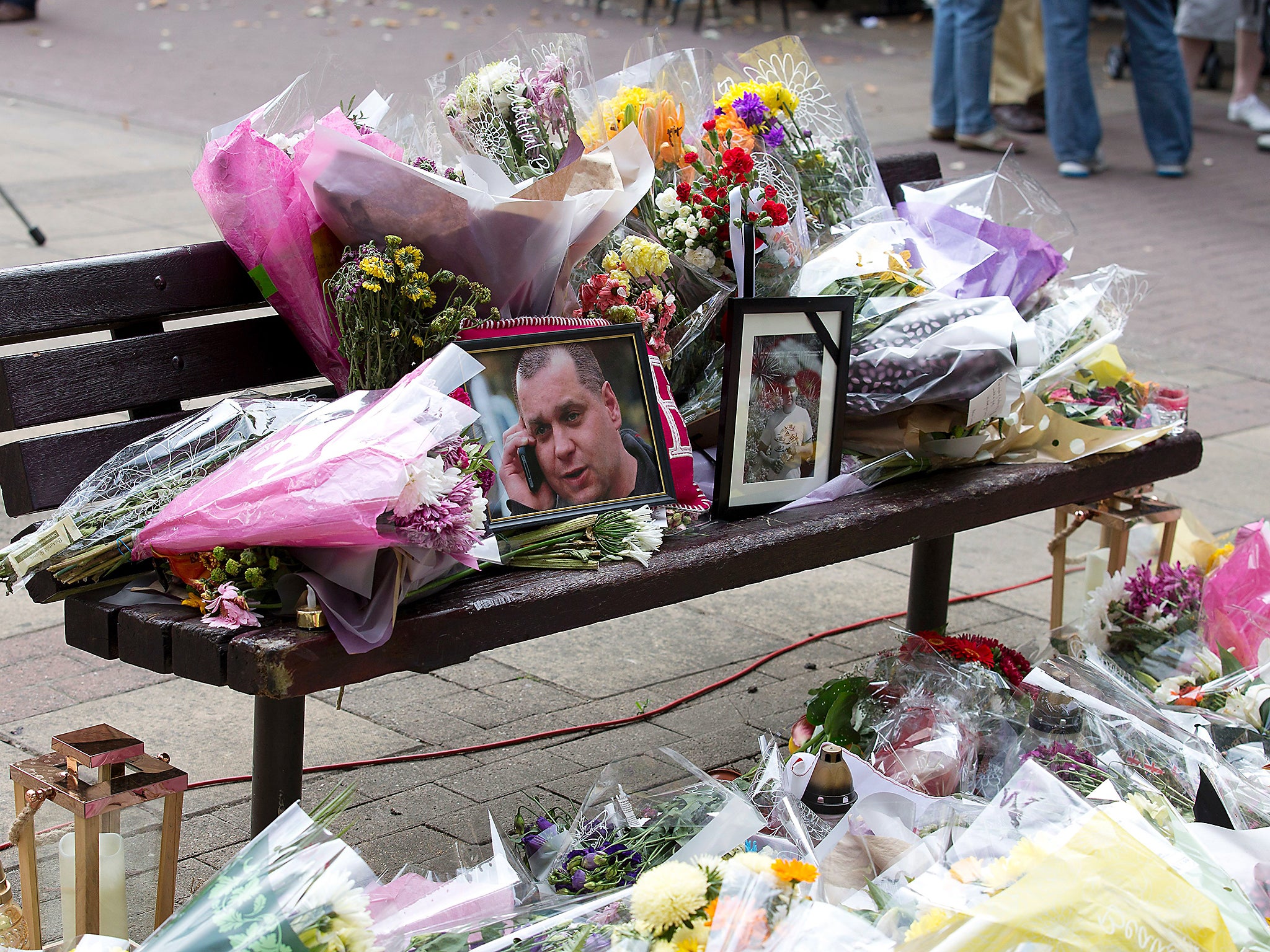Poles living in the UK 'scared to report hate crimes' since Brexit vote due to alleged lack of Government support
'They can’t turn around and say: ‘No, I don’t have to go home because your Government has said I am allowed to stay,’ says community leader, 'that puts you in a weaker position, doesn’t it?'

Theresa May's failure to clarify the position of EU nationals living in the UK after Brexit has left many too scared to report hate crimes, the head of the Polish Social and Cultural Association has claimed.
Joanna Mludzinska is expected to tell a home affairs select committee inquiry on Tuesday that Poles living in Britain are too concerned about whether or not they will be allowed to remain in the country to inform police when they are verbally or physically attacked.
She slammed the Government’s failure to clarify the standing of the 2.9 million EU citizens currently living in the UK as “immoral”, saying it put Poles and other migrants in an impossible position.
“Very few people are reporting hate crimes at the moment," she told the Guardian. "People are very scared, because often this occurs in the workplace and they are scared they might lose their job. Or it’s from a neighbour and they don’t want to cause more problems.”
She added: “They can’t turn around and say: ‘No, I don’t have to go home because your Government has said I am allowed to stay.’ That puts you in a weaker position, doesn’t it? It makes people vulnerable. It makes them scared to stand up for themselves, to properly report things.”
Ms Mludzinska, who was born in London to Polish parents, said EU nationals were fed up with being used as "pawns" in Brexit negotiations, and would rather keep a low profile than contact authorities.
The problem has reportedly become so bad that the London-based East European Resource Centre (EERC) is launching a pilot scheme to encourage EU nationals to report hate crimes.
Home Office figures released in October suggest that hate crimes soared by 41 per cent after the EU referendum vote.
An analysis of local figures drawn from police databases conducted by The Independent found that increases in such crimes were particularly steep in many areas that voted strongly to leave the European Union.
On Friday, a 15-year-old boy appeared in Chelmsford youth court charged with the manslaughter of a Polish man who was attacked in Harlow, Essex weeks after the UK voted to leave the EU.
Arkadiusz Jozwik, 40, was beaten to death in August in an incident initially reported as a possible hate crime, although it is understood that prosecutors are no longer treating it as such.
In 2016, the number of Polish-born UK residents was estimated at 831,000, making Poles the largest overseas-born group in the country and Polish the second most spoken language in England. But the government has so far failed to confirm what will happen to them, and to other EU nationals, when Britain becomes independent from the European Union.

Several recent high profile cases have added to public confusion, with people who have been born or lived decades in the UK allegedly being told to leave or take citizenship tests when they enquired about their status in the country.
Other groups have also reported an increase in racist attacks since the EU referendum, and the home affairs select committee previously heard evidence in December from representatives of the Muslim community in Britain.
Bharath Ganesh, from anti-Muslim hate crime monitor group Tell Mama, told the committee he believed the increase in reported hate crime could have resulted from both a greater number of perpetrators, and those who were already Islamophobic gaining confidence and becoming more vocal and more active.
"I think we are seeing a mix of the two," he told the chair. "It is hard to count how many perpetrators because we have changed some of our data-collection procedures to better record the number of perpetrators we have had, so I cannot comment on whether there has been an increase since 2012, for example. However, I can say that the number of people who are exposed to Islamophobic and anti-Muslim rhetoric has definitely increased."
He added: "When we look at the incidents qualitatively—what is said to people and that kind of thing—we see that it frequently references the sorts of things you hear in the media. For example, after Brexit there were numerous incidents of a Muslim being told, 'We’re out of the EU now. What are you still doing here?'"
Join our commenting forum
Join thought-provoking conversations, follow other Independent readers and see their replies
Comments
Bookmark popover
Removed from bookmarks